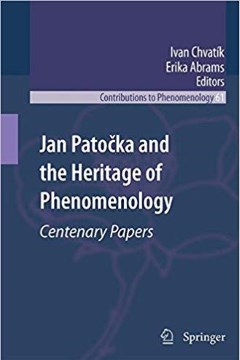This document is unfortunately not available for download at the moment.

Erika Abrams, Ivan Chvatík (2011) Jan Patočka and the heritage of phenomenology: centenary papers, Dordrecht, Springer.
Negative platonism and maximal existence in the thought of Jan Patočka
Pierre Rodrigo
pp. 87-97
Not implemented yet !


